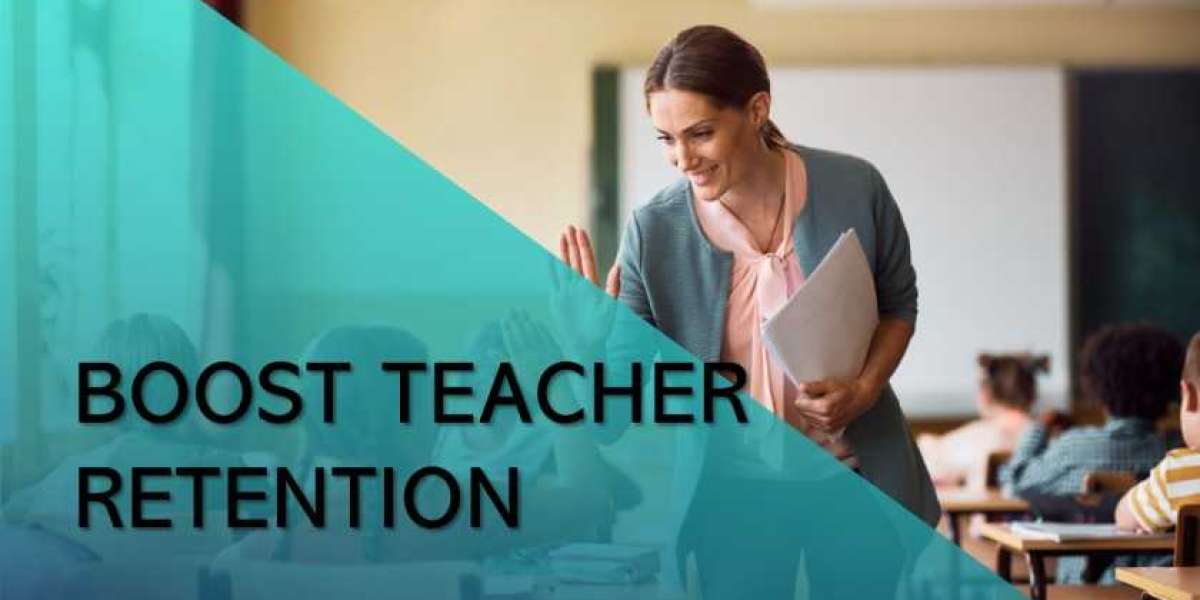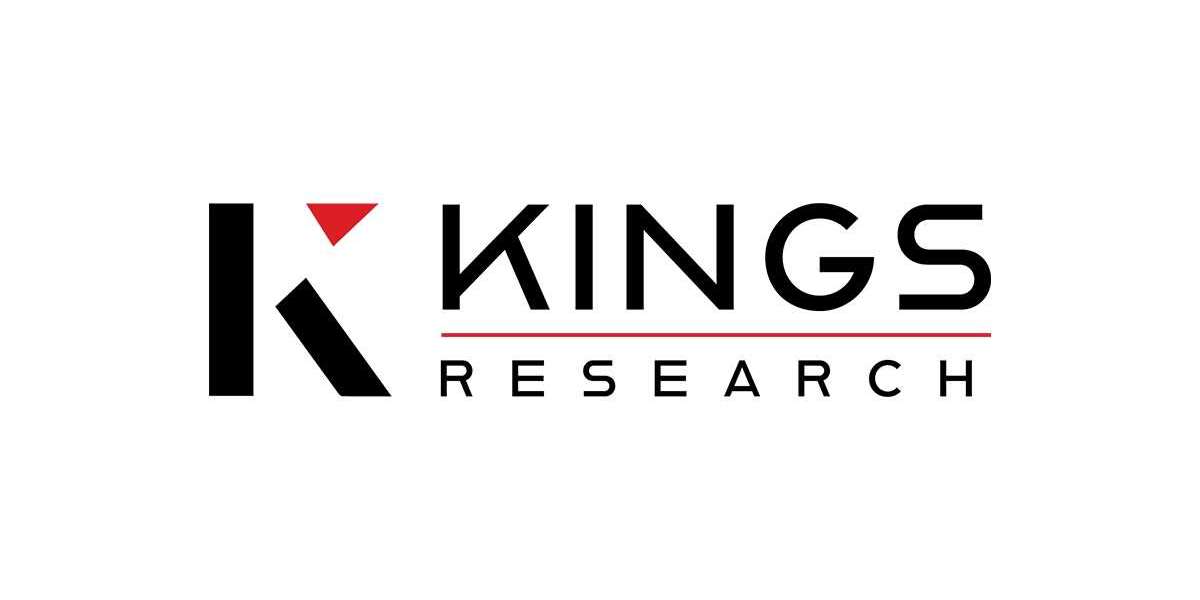Teacher retention is an important factor in the ever-changing field of education that is sometimes ignored. A significant portion of educators quit their jobs within the first few years of employment for a variety of reasons, which has an effect on the continuity and standard of education.
But among these worries comes a potential remedy: social-emotional learning (SEL). By incorporating SEL techniques into classroom settings, we support teachers' well-being and happiness while simultaneously emphasizing kids' overall growth.
In a recent study conducted by the Collaborative for Academic, Social, and Emotional Learning (CASEL), schools implementing SEL programs saw a significant improvement in teacher retention rates.
What is Social-Emotional Learning (SEL)?
Social-Emotional Learning is more than just a trend; it's a transformative approach to education. Fundamentally, SEL places a strong emphasis on learning the skills necessary for controlling emotions, forming bonds with others, and making responsible decisions.
These abilities help students grow personally, but they are also essential for teachers to manage the complexities of the classroom environment.
How can we support teachers' well-being?
Teaching can be immensely rewarding, but it also comes with its share of stress as well.. Teachers deal with a variety of issues every day, from addressing the needs of each individual student to managing different classrooms.
Schools may provide teachers with the skills they need to effectively manage stress, cultivate strong connections with both colleagues and students, and maintain a healthy work-life balance by implementing SEL practices.
Creating a Positive School Culture
Teacher retention is largely dependent on a nurturing and supportive school culture. SEL programs develop mutual respect, empathy, and understanding among all students and staff.
Teachers are more likely to stick with their career and make a positive impact on the classroom when they feel appreciated and supported.
Professional Development Opportunities
Any job needs to continuously grow and improve, and teaching is no different. Through SEL, teachers can improve their classroom management strategies, communication abilities, and emotional intelligence.
These are all important professional development possibilities. Schools that invest in SEL training give their teachers the tools they need to succeed in their positions while also empowering them.
Enhancing Teacher-Student Relationships
Good relationships between teachers and students are essential for both academic achievement and general wellbeing. SEL pushes teachers to establish a closer bond with their students by getting to know their unique needs, abilities, and difficulties.
Teachers can establish inclusive learning environments where all students feel valued and empowered to succeed by creating relationships based on trust and support.
Final Thoughts
Social-Emotional Learning shows itself to be an effective partner in the fight to increase teacher retention. Through putting teachers' health and professional development first, schools can promote learning environments that benefit both teachers and students. Let us acknowledge the transforming power of SEL in producing resilient, empathic, and fulfilled educators who are dedicated to influencing the next generation as we navigate the changing landscape of education.



